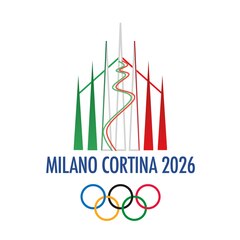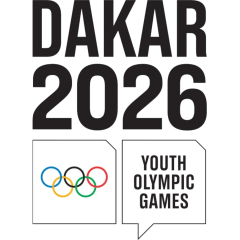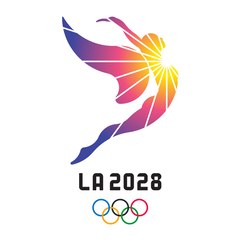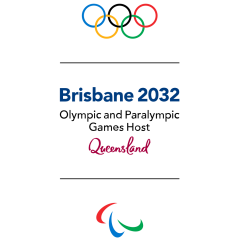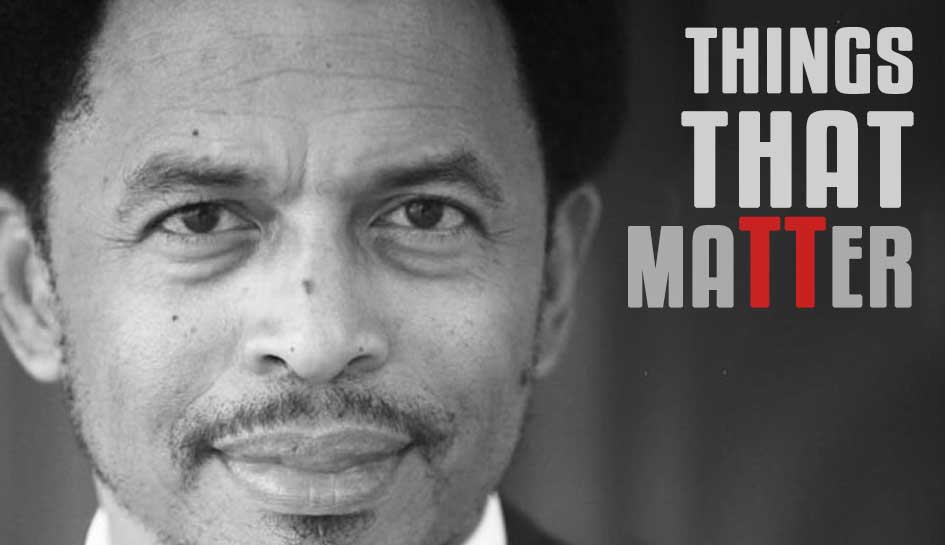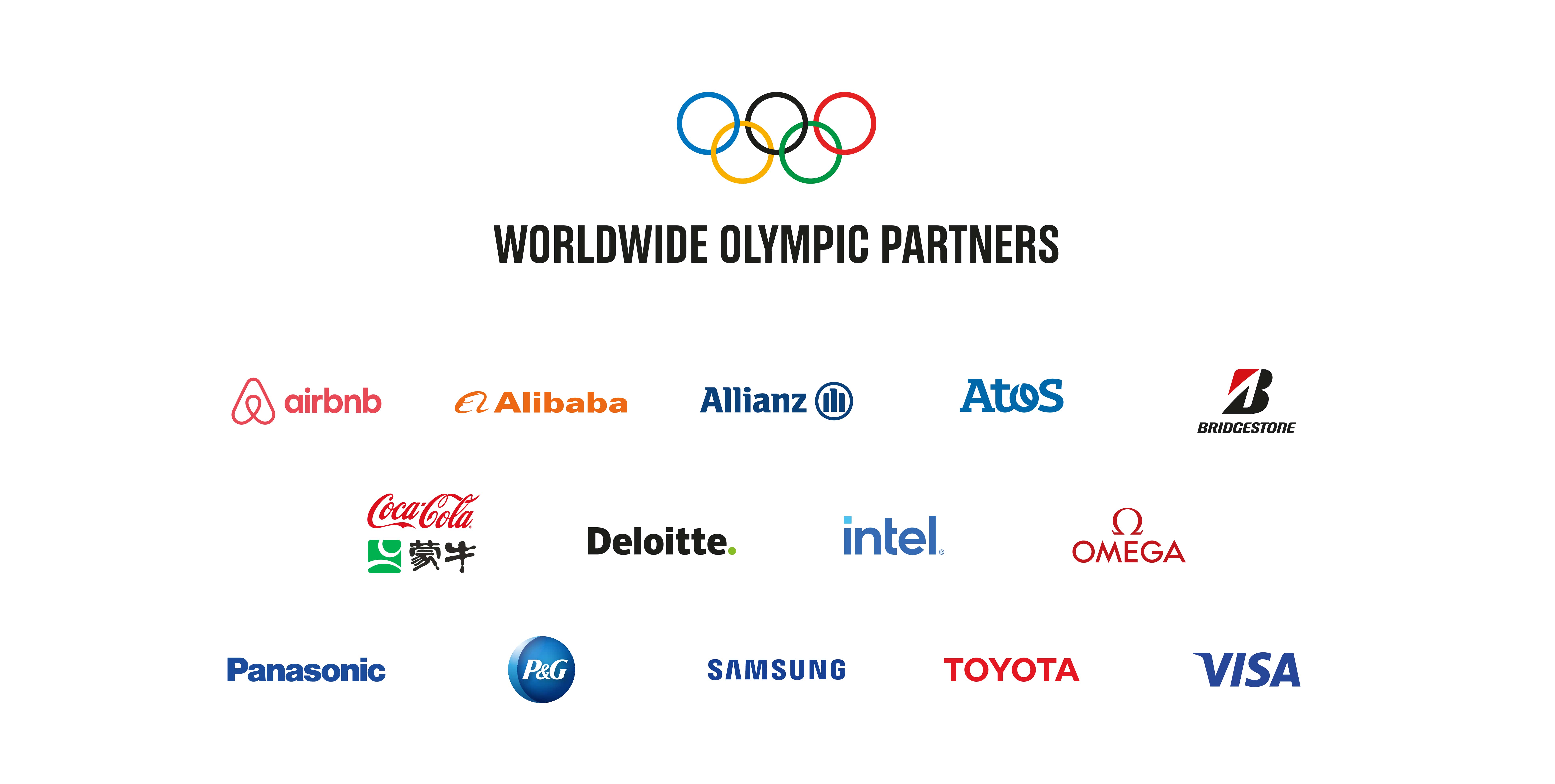As other leading athletes backed his call for the rules to be changed, South African officials wrote to the world governing body to suggest some of his rivals were cheating by switching blades mid-competition.
Pistorius returned to the Olympic Stadium for the first time since his shock defeat, winning his heat to qualify for Thursday's 100m final alongside the Brazilian who beat him in the 200m and Britain's Jonnie Peacock, who recorded the fastest time.
Afterwards Jerome Singleton, the American who beat Pistorius in the 100m at last year's world championships, said he and other single leg amputees shared concerns over the way the maximum allowable height of double amputees was calculated.
April Holmes, the US Paralympic gold medallist who holds the world record in the 100m, 200m and 400m in the T44 class for single leg amputees, also weighed into the row in support of Pistorius.
"It takes a great leader to stand up and tell somebody that they do not think what is happening is correct. We and our governing bodies have been in constant discussion with the IPC trying to make sure that the sport moves forward. We want to be accepted for our athletic ability and not our prosthetic devices," said Holmes.
"We all train hard. At the end of the day, we all understand there is a rule issue. So we are truly thankful that the IPC has agreed to sit down and discuss it. We welcome that scientists are looking at what is an appropriate height for athletes with missing legs and what are the appropriate things to make the playing field level."
Singleton said that a group of single leg amputees, who fear that double leg amputees are gaining an unfair advantage by switching between longer blades for the 200m and shorter blades for the 100m, had brought the issue to the attention of the IPC in March.
"We all came together, the single leg amputees, and expressed our opinion about their formula. We want them to re-evaluate their formula," said Singleton.
"Just re-evaluate the formula, make sure you've got a good idea of the height for an amputee and make sure you've got a small area of variance."
The intervention of the South African Paralympic Committee further raised the stakes in a row that threatens to overshadow Pistorius's attempts to win more medals at a Games he had hoped to dominate.
Although Pistorius has since attempted to calm the row by apologising for the timing of his outburst after being beaten in the 200m for the first time in nine years, he has refused to withdraw his claims that the Brazilian won "unfairly" by racing on unnaturally high blades.
Now, the South African Parlaympic Committee has asked the world governing body to investigate whether Pistorius's rivals changed the height of their blades between the heats and the finals, which is against the rules.
The IPC said it had investigated the claims by immediately asking coaches whether their athletes had switched their blades. "They asked the IPC to urgently investigate allegations that a number of T43 athletes were running on different-sized prosthesis for semi-finals and finals and different events," said the IPC director of communications, Craig Spence.
"When we put the allegation to the coaches about different-sized running blades, there was a look of shock because it's difficult to do. There is no evidence they were competing on different-sized running blades."
But he admitted the IPC did not record the height of the competing athletes before each race. It simply measures whether they are beneath the maximum height permitted under the formula it uses to calculate the allowable length of prosthetic blades.
Responding to claims that some athletes had switched to different prosthetics between different races, he said that it was not allowed under IPC rules and that technical officials had on Wednesday been on the look out for variations in the call room before the race and "found nothing suspicious".
Spence said unless new evidence was presented, the matter was closed.
However, the IPC has agreed to meet with the South African Paralympic Committee and Pistorius after the Games to discuss the issue.
Oliveira switched to his new Ossur blades, 4cm higher than his old pair but 3.5cm shorter than the maximum allowed, three weeks before the Paralympics. He said he was disappointed with Pistorius for taking the shine off his victory.
Pistorius races at a height of 184cm because he continues to use blades that are sanctioned for non-disabled competition, despite the fact that he could wear prosthetics that extended his height to 193cm under the IPC rules.
The IPC said it wrote to all participating countries and athletes in April to ask if they had any concerns regarding wheelchairs or prosthesis but received no response.
But the South African Paralympic Committee said in its letter that Pistorius had raised the issue several times informally with the IPC since the world championships in New Zealand last year.
He first raised the issue at the world athletics championships in January last year, complained informally again in March and sent a Twitter message to Spence in mid-July, after the American Blake Leeper equalled his 100m record.
Leeper, who won bronze in the 200m, was the other athlete mentioned by Pistorius in his post race rant on Sunday. It is believed that Pistorius sent a message to Spence asking for the length of Bleeker's blades to be looked into. Spence passed the message on to IPC officials, who found there to be no issue.
Canadian sprinter Alister McQueen said it was incumbent on the IPC to look at the issue, while stressing the double amputees were operating within the rules.
"Oscar, I've talked to him. He got caught up in the heat of the moment. What he is saying is true. There's just so much emotion it didn't come out the way he wanted it to. Look at the races," said McQueen.
"They are running 200m, they have to go a longer distance and they can wear higher prosthetics. They're running the 100m, they need a faster turnover and need to come out of the blocks better, they wear lower prosthetics."
By Owen Gibson
Source: www.guardian.co.uk


